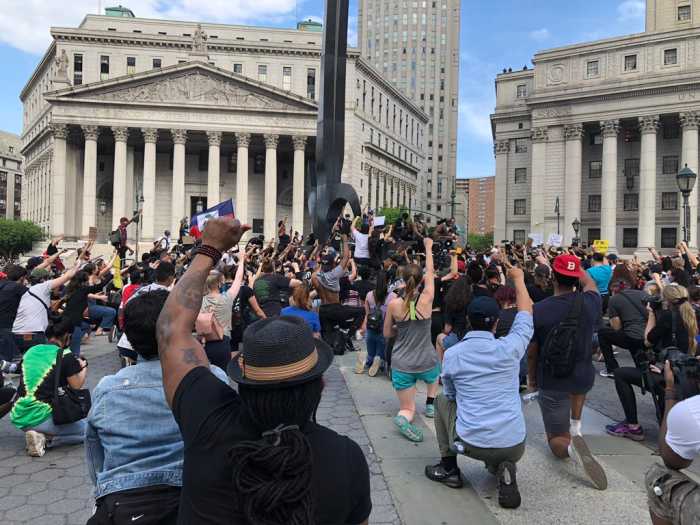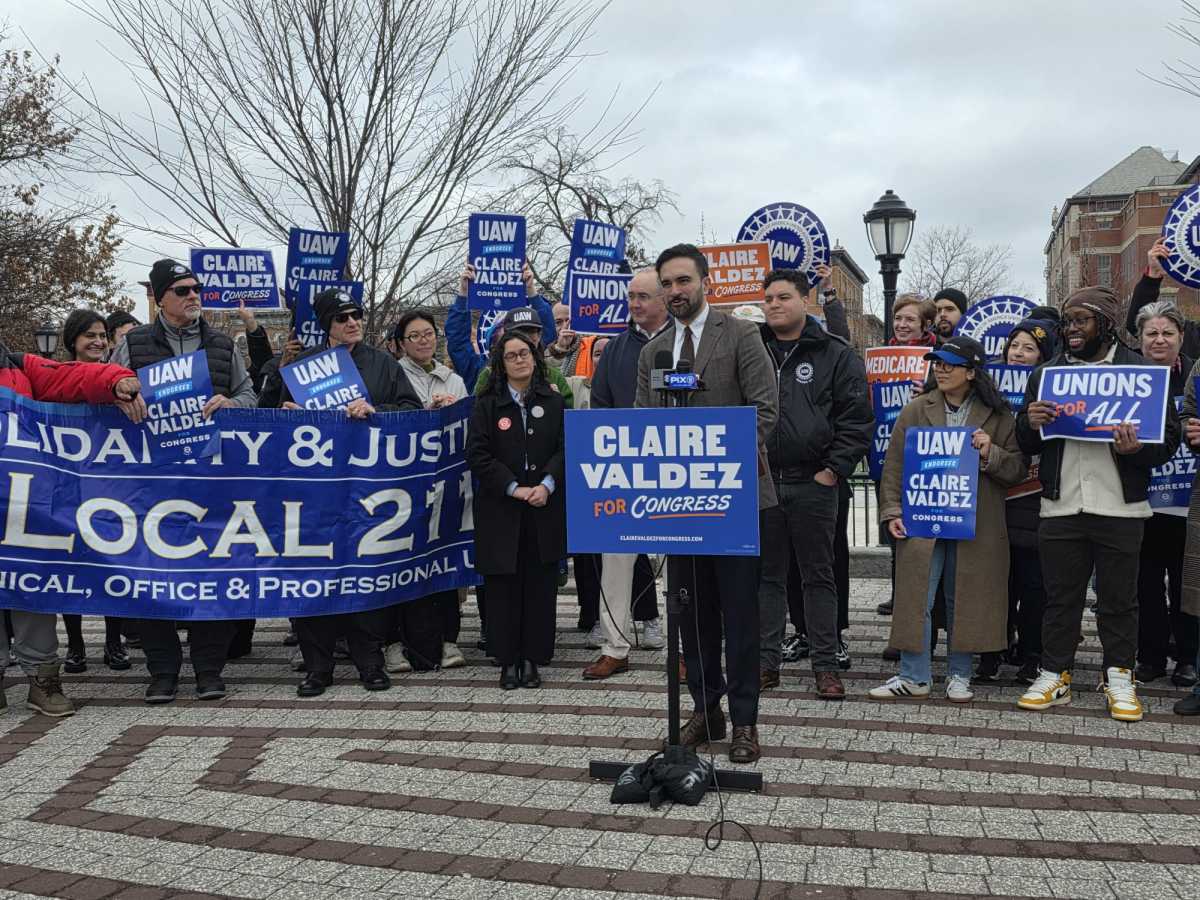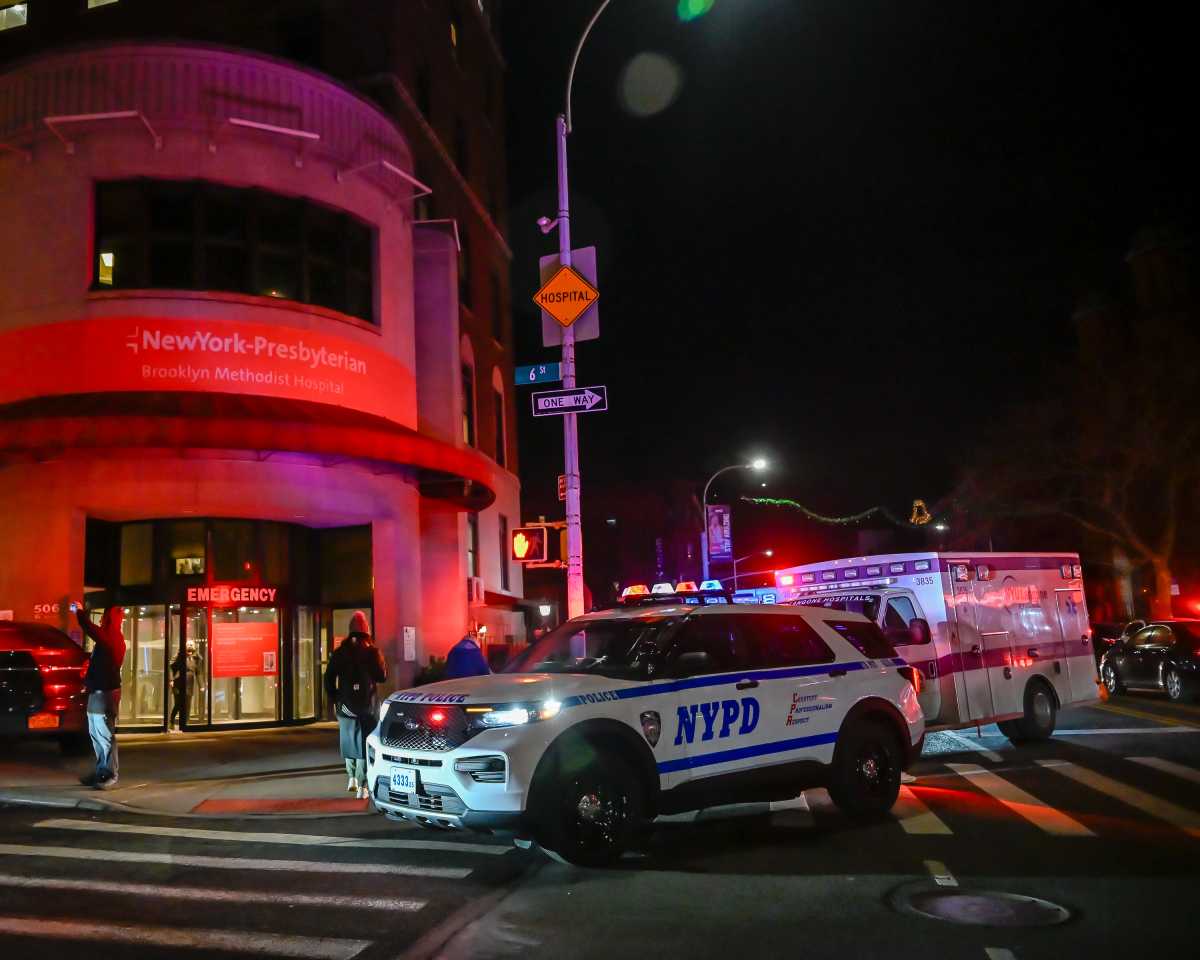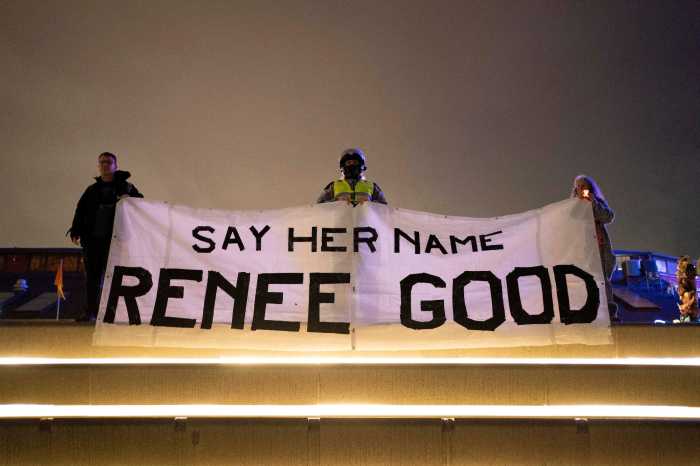A federal court denied the Yankees latest appeal to keep sealed MLB commissioner Rob Manfred’s letter to the team regarding alleged sign-stealing, according to reports.
NJ.com first reported the United States Court of Appeals for the Second Circuit decision, which denied the Yankees’ request to overturn their March 21 ruling that the letter to General Manager Brian Cashman must be made public.
According to reports, the letter was details allegations from the MLB that the Bronx Bombers committed multiple illicit acts — including inappropriate use of a dugout phone, and stealing signs from the team’s replay room.
News of the letter came to light during a lawsuit by users of the daily fantasy sports site DraftKings, who sued the MLB, as well as the Houston Astros and Boston Red Sox, alleging that the teams’ implementation of sign-stealing schemes unduly changed the outcome of games, and therefore improperly cost them money.
That suit came in the wake of the explosive revelations that the Astros stole opposing signs during the 2017 and 2018 season (including when they won the World Series in 2017), as well as the news that the Red Sox used Apple Watches to steal signs.
The lawsuit was tossed in May, but not before the MLB made public the existence of Manfred’s letter to Cashman.
The MLB took no action against the Yankees for their supposed transgressions, but sent the letter to clarify that their actions were not permitted.
In an attempt to keep the letter private, the Yankee organization claimed that unsealing the memo would unduly harm their reputation, and that the matter was an internal-MLB one, rather than one falling under the jurisdiction of the legal system.
But the court on Thursday ruled against reconsidering the decision.
“We’re disappointed in the court of appeals decision, but we respect it,” Yankees team president Randy Levine tol NJ.com. “But I believe that it’s going to lead to a lot of unfair results down the road.”
The organization could appeal again to the United States Supreme Court, but that is both unlikely to happen, as well as unlikely to succeed.








































